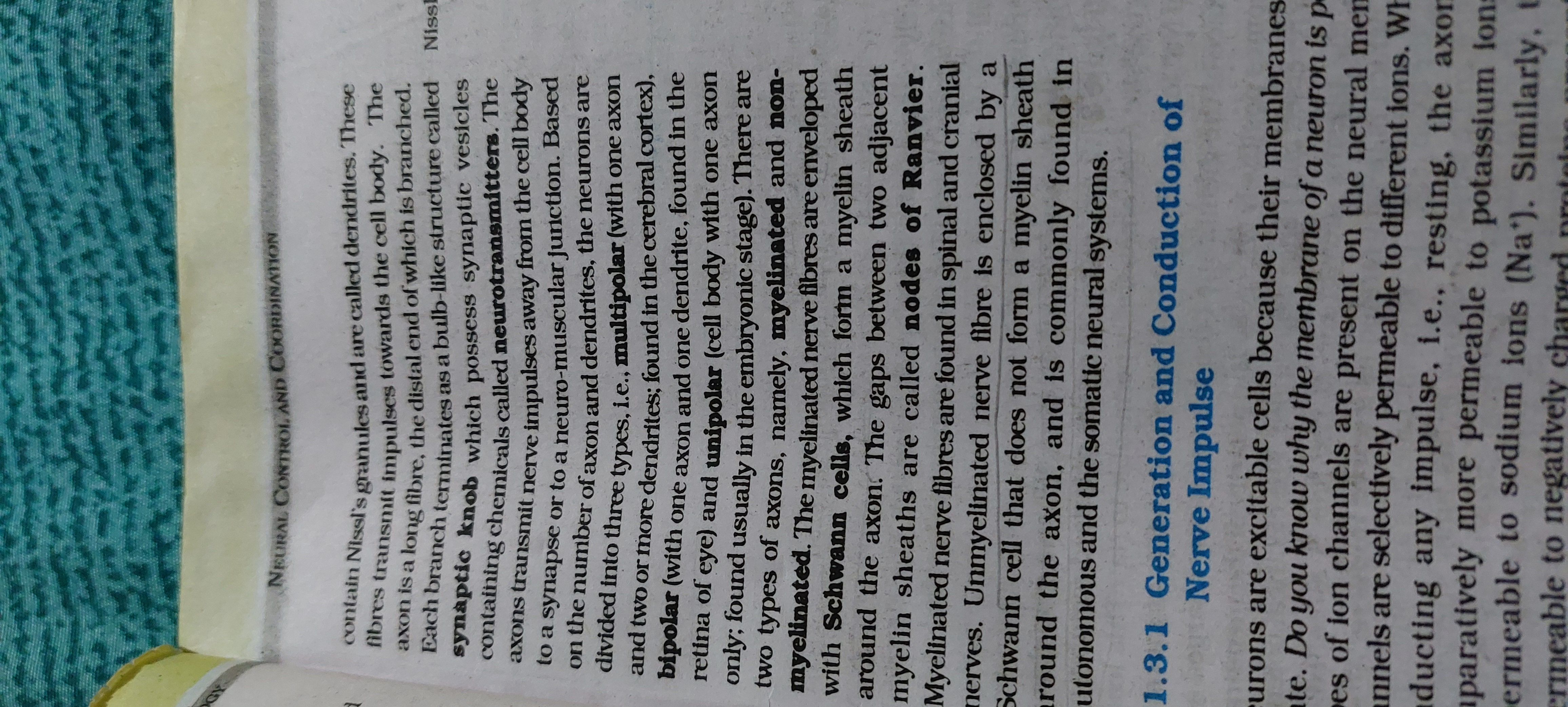Do you know why the membrane of a neuron is permeable to potassium ions compared to sodium ions?

Understand the Problem
The question appears to be asking about the characteristics of neurons, specifically their structure, types, and functions, particularly in relation to how they generate and conduct nerve impulses.
Answer
More potassium channels increase potassium permeability.
The neuron's membrane is more permeable to potassium ions because it has more potassium leakage channels compared to sodium leakage channels, allowing potassium to diffuse out more easily.
Answer for screen readers
The neuron's membrane is more permeable to potassium ions because it has more potassium leakage channels compared to sodium leakage channels, allowing potassium to diffuse out more easily.
More Information
Neurons rely on differences in ion permeability to maintain resting potential and enable nerve impulse transmission.
Tips
Make sure to distinguish between the number of channels and the permeability of the ions, focusing on how this affects diffusion rates.
Sources
- The membrane potential - Khan Academy - khanacademy.org
- The Membrane at Rest – Foundations of Neuroscience - openbooks.lib.msu.edu
AI-generated content may contain errors. Please verify critical information